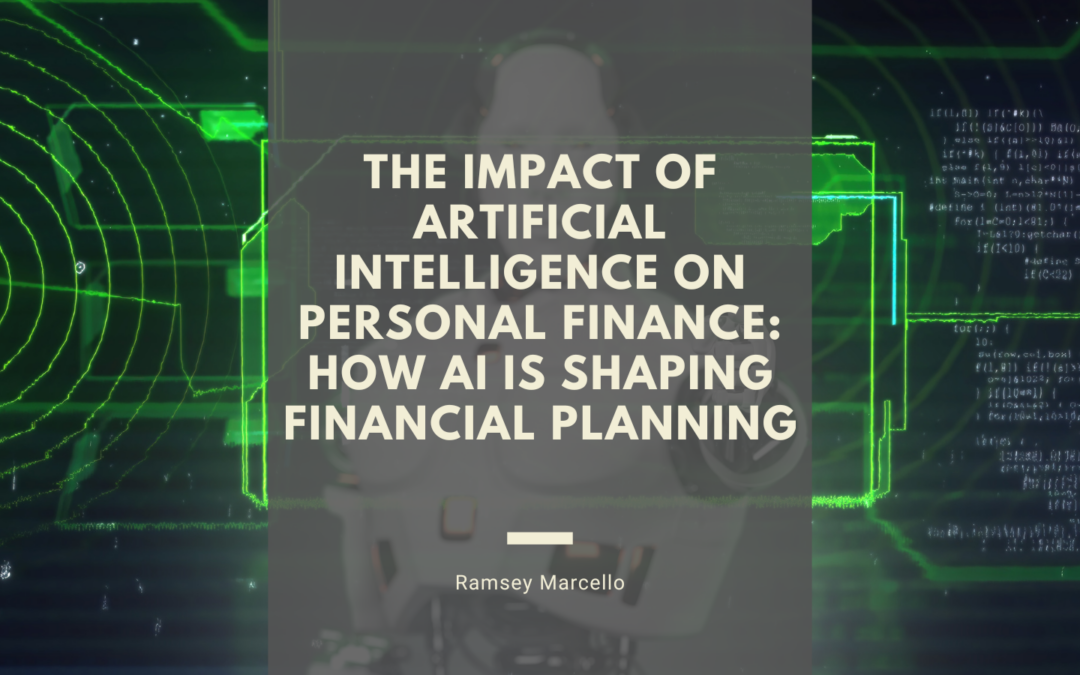Artificial intelligence (AI) is rapidly transforming various industries, and personal finance is no exception. From automated budgeting tools to AI-driven investment strategies, this technology is reshaping how individuals manage their money. By leveraging data, AI is making financial planning more accessible, efficient, and personalized, providing individuals with better control over their financial futures.
Personal Finance Tools Powered by AI
One of the most prominent ways AI is impacting personal finance is through budgeting and expense tracking apps. Tools like Mint and YNAB (You Need A Budget) now incorporate AI algorithms that can analyze spending patterns and categorize expenses automatically. These applications learn from users’ spending behavior over time, providing tailored insights to help them stay on track with their financial goals. For instance, AI can send reminders about upcoming bills or suggest ways to cut unnecessary spending based on patterns it identifies.
Moreover, AI-powered chatbots are becoming more common in personal finance apps, assisting users with questions related to their accounts, transactions, or investments. These chatbots are available 24/7, offering immediate assistance and freeing up customer service teams to handle more complex queries.
AI and Investment Strategies
AI is also revolutionizing the investment world, making advanced financial strategies more accessible to the average investor. Robo-advisors like Betterment and Wealthfront use AI to provide low-cost, automated investment management services. These platforms assess a user’s risk tolerance and financial goals, using AI algorithms to construct diversified portfolios. Over time, they adjust investments based on market trends and individual performance, ensuring that the portfolio aligns with the user’s evolving needs.
Furthermore, AI can help in forecasting market trends by analyzing massive amounts of financial data and historical trends at a speed far beyond human capabilities. This can provide more accurate predictions and help investors make informed decisions, reducing the risk of emotional trading that often leads to poor financial outcomes.
Risk Management and Fraud Detection
AI is also being used to enhance security in personal finance. By analyzing patterns in transaction data, AI algorithms can detect unusual activity and potentially fraudulent transactions in real time. For example, if a credit card is used in an unusual location or for a high-value purchase, AI systems can flag the transaction and notify the cardholder immediately, preventing potential fraud. This ability to continuously monitor accounts for suspicious activity gives individuals greater peace of mind.
Moreover, AI tools are increasingly being used to assess credit risk. Machine learning models can analyze more than just traditional credit scores by evaluating alternative data sources, such as a person’s payment history for utilities or rent. This enables lenders to make more accurate and fair assessments of an individual’s creditworthiness, potentially opening up access to credit for those who may have been excluded by traditional scoring systems.
Challenges and Ethical Considerations
Despite the many benefits of AI in personal finance, there are challenges and ethical concerns to consider. One major issue is data privacy—AI systems rely on vast amounts of personal and financial data to function effectively. Ensuring that this data is securely stored and used responsibly is critical.
Additionally, there is the concern that AI could inadvertently reinforce biases, especially in areas like credit scoring or loan approval. If the data used to train AI algorithms is biased, it could lead to unfair treatment of certain groups of people.
Conclusion
Artificial intelligence is undeniably changing the landscape of personal finance, making it easier for individuals to manage their money, invest wisely, and secure their financial future. By automating complex processes and providing personalized insights, AI is empowering individuals to take control of their financial well-being. However, as AI continues to evolve, it will be important for individuals, financial institutions, and regulators to work together to address the challenges and ethical considerations that arise.
